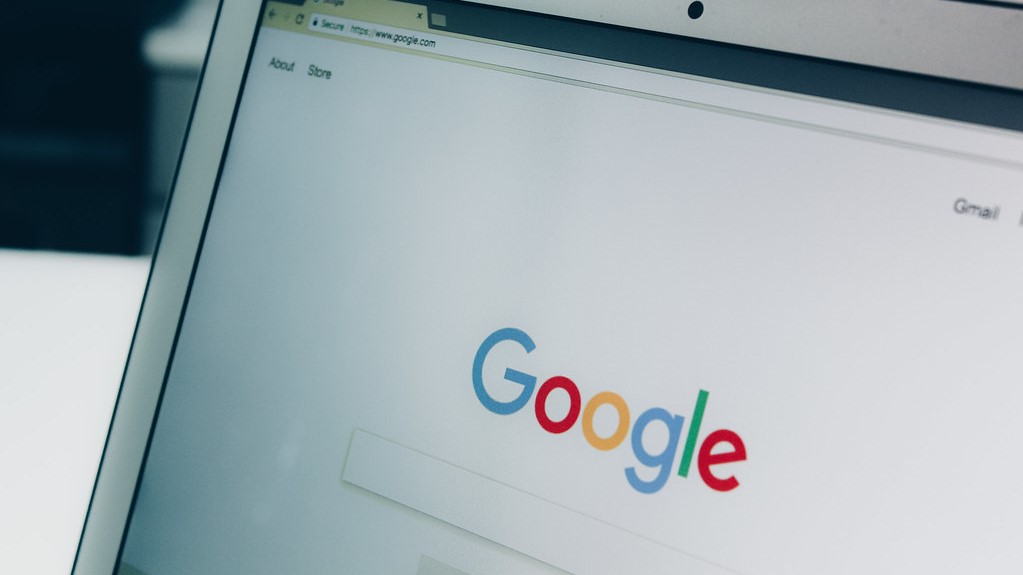Court says Google is a "publisher" - How does it matter though?
It's responsible for what it showcases

In what is being seen as a far-reaching decision, the Supreme Court of Victoria has held Google to be a "Publisher" and responsible for articles that show up in its search results. Well, if the search engine is presenting the result, it is responsible for it, so what's the big fuss?
The court ordered Google to pay (Aus)$ 40,000 in damages to a Melbourne lawyer on the grounds it had defamed the man.
The lawyer in question, George Defteros, had sued Google over web searches that brought up his name in relation to association with Victoria's gangland figures.
Google had argued that it can't be viewed as a publisher, but Justice Melinda Richards did not concur with the company's contention.
The case revolved around articles and images published by The Age newspaper in 2004, after Defteros was charged with conspiracy over murder of some underworld figures. The charges were, however, dropped the following year.
"Search engine not a passive tool"
Defteros argued that in 2016 and 2017, searches on Google continued to turn up articles and hyperlinks to web material that defamed him, including an entry in the online encyclopedia, Wikipedia.
Google claimed that it was not the publisher of the material and therefore it could not be hauled up for defamation as Defteros has done.
Sign up for breaking news, reviews, opinion, top tech deals, and more.
It submitted that the automation of its search engines meant it was not an intentional communicator of words or images, particularly if a user clicked through to another website.
However, Justice Richards did not buy this argument. "The Google search engine … is not a passive tool. It is designed by humans who work for Google to operate in the way it does, and in such a way that identified objectionable content can be removed, by human intervention."
Stating that the hyperlink within the search results amounted to publication of the webpage, the judge said, "I find that Google becomes a publisher of the search results that its search engine returns to a user who enters a search query."
Effect on freedom of speech
Google's lawyer argued that it was for the "common convenience and welfare of society" that it provided search results directly relevant to search terms and that in fact it had a "duty" to respond to searches.
Google also held that there would be a "chilling effect on freedom of speech" if Google users were not able to readily locate relevant content.
This is not the first time Google is being seen as a publisher. The Law Commission of Ontario has recommended Canadian defamation law be updated to narrow the definition of publication, saying it is "overly broad in the internet era".
The global tech giant is likely to appeal the verdict.
But the court verdict, as it stands now, has wide ramifications.

Over three decades as a journalist covering current affairs, politics, sports and now technology. Former Editor of News Today, writer of humour columns across publications and a hardcore cricket and cinema enthusiast. He writes about technology trends and suggest movies and shows to watch on OTT platforms.